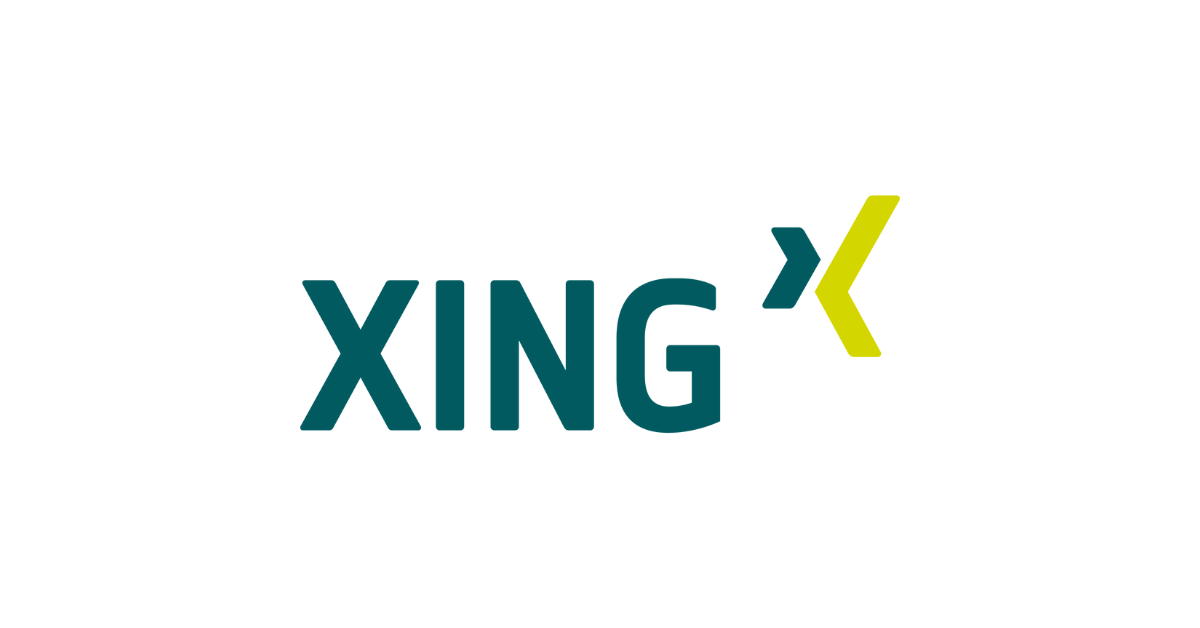Xing is a professional networking platform, widely known as the "LinkedIn of Germany." Established in 2003, it enables business professionals to create profiles, connect with colleagues, and engage in industry-specific groups. With a focus on local networking and events, Xing facilitates in-person connections and career development. Popular in German-speaking regions, it serves as a key platform for expanding professional networks and staying updated on industry trends.

Xing is a professional networking platform, often referred to as the “LinkedIn of Germany.” Founded in 2003, Xing provides a space for professionals to connect, collaborate, and advance their careers. The platform is particularly popular in German-speaking countries and serves as a hub for business networking and career development.
On Xing, users can create detailed profiles, including professional experience, skills, and education. The platform facilitates networking through features such as connecting with colleagues, joining industry-specific groups, and participating in discussions. Xing also offers job listings, allowing users to explore career opportunities within their network.
One notable aspect of Xing is its focus on local networking and events. The platform encourages members to attend in-person events and meetups, fostering face-to-face connections and facilitating business relationships within specific regions.
Xing has become a key player in the professional networking landscape, offering a platform for individuals to expand their professional reach, discover career opportunities, and stay connected with industry developments. While it shares similarities with LinkedIn, Xing has carved its niche, particularly in the German business community.
More About Xing
Xing has a unique feature called “OpenBC,” which was its original name before being rebranded as Xing. OpenBC stands for “Open Business Club,” emphasizing the platform’s focus on creating a club-like atmosphere for professionals to connect and collaborate. Over time, Xing has evolved to include various features beyond networking, such as event management tools for organizing professional meetups and conferences.
Additionally, Xing has incorporated a marketplace for freelancers and service providers. Users can offer their skills and services, making it a versatile platform not only for traditional employment opportunities but also for freelance and project-based collaborations.
Xing has established partnerships with numerous companies, providing integrated services and benefits to its users. These partnerships extend beyond professional networking to include perks such as discounts on business-related services and access to exclusive events.
In terms of privacy, Xing has positioned itself as a platform that prioritizes user control. Members have the ability to manage their privacy settings effectively, determining who can view their profiles and contact them, providing a level of customization to suit individual preferences.
